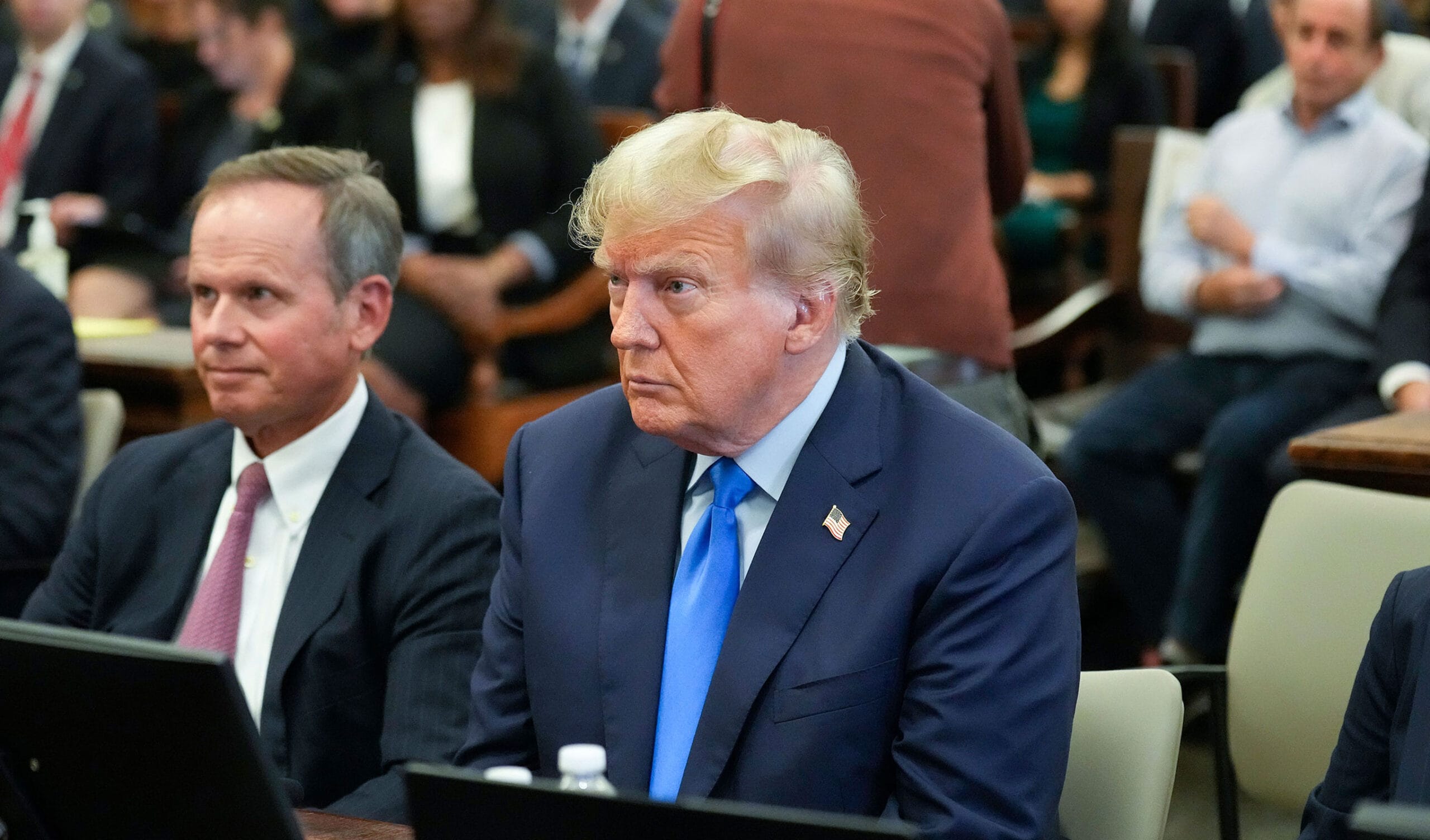Former President Donald Trump has once again found himself in the legal spotlight, this time concerning allegations related to hush money payments made during the 2016 presidential campaign. The case revolves around accusations that Trump and his associates sought to suppress potentially damaging information with payments aimed at influencers and alleged mistresses. A significant development occurred when the judge presiding over the case rejected multiple motions filed by Trump’s defense team, prompting a vehement response from the former president.
In a series of statements, Trump expressed his dissatisfaction with the judge’s decisions, asserting that they were unjust and politically motivated. He argued that the rejections compromised his right to a fair trial and indicated a systemic bias against him. He has repeatedly claimed that the legal proceedings are part of a broader conspiracy to undermine his political ambitions. Trump’s criticisms were not limited to the judge’s rulings; he also took aim at the legal system itself, asserting that it has been weaponized against him.
This latest skirmish in the courtroom highlights the contentious nature of the case, which has garnered significant media attention and public scrutiny. Trump’s supporters argue that he is being unfairly targeted, while detractors believe the legal actions are a necessary response to alleged misconduct. The case is particularly significant given Trump’s ambitions to run for the presidency again in 2024, as any legal issues could have substantial ramifications on his campaign efforts.
The rejection of the motions was based on legal grounds, with the judge emphasizing the importance of adhering to established legal protocols. The motions in question were related to various procedural requests that Trump’s legal team believed would protect his rights and ensure a fair judicial process. However, the court determined that these motions did not meet the legal standards required for court intervention.
Furthermore, legal experts have weighed in on the implications of this case for Trump and his political future. They have noted that while legal challenges are not uncommon for high-profile figures, the intensity and visibility of these proceedings could complicate his attempts to garner support among voters. Critics have pointed out that the mounting legal challenges could detract from his political messaging and risk alienating key segments of his base.
As the case progresses, it is likely to become a focal point of both legal and political discourse. Trump’s legal team is expected to continue mounting a vigorous defense as they navigate the complexities of the legal system. They have signaled their intention to appeal the judge’s rejection of the motions and to pursue other legal avenues to challenge the charges against him.
In an environment where legal battles are entwined with political strategy, the ongoing developments in this case will be closely watched by both supporters and critics of Trump. The interplay between the courtroom and the campaign trail serves to illustrate the broader narrative of Trump’s political career, marked by controversy, resilience, and a staunch base of support.
Trump’s latest remarks have spurred discussions about the separation of powers in the United States and the potential implications of perceived judicial overreach. His supporters argue that he is merely standing up against a biased system, while opponents contend that he is attempting to undermine the integrity of the judiciary.
As the case unfolds, it is certain that the interactions between Trump, his legal team, and the court will remain in the public eye. The reactions from both sides have brought to light the ongoing debates about the intersection of law and politics in contemporary America.
What remains to be seen is how the outcome of this case will influence not only Trump’s ability to run for office again but also the broader political landscape as the nation approaches future elections. The possibility of further legal challenges arising from this case cannot be ruled out, which may add to the uncertainty that surrounds Trump’s political future.
In essence, the ongoing legal battle serves as a reminder of the complexities involved in political life in the United States, and how judicial matters can significantly influence the trajectories of political figures. Trump’s case is poised to be a defining episode in the ongoing saga of his post-presidency, impacting both his legal standing and his support among voters.
As the date for the next hearing approaches, all eyes will be on the courtroom, where the dynamics of law and politics will continue to unfold in what could be one of the most significant legal battles of the year. The implications of the decisions made in this case will resonate far beyond the courtroom and could shape the narrative of the 2024 presidential cycle.


